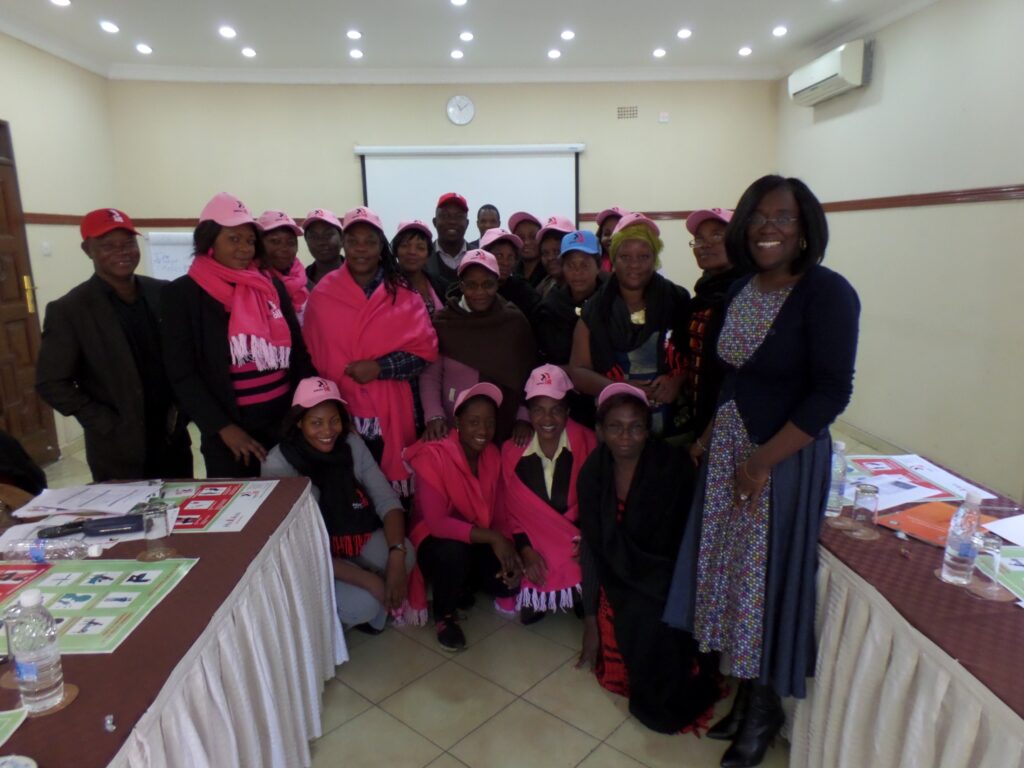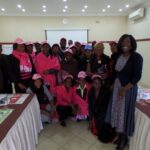25 June, 2014Women and young people learnt how to implement an effective HIV/AIDS workplace policy at a two-day workshop in Lusaka, Zambia organized by IndustriALL Global Union in June.
According to UNAIDS there are over a million people in Zambia living with HIV, with around 13% of adults aged between 15 to 49 infected with HIV/AIDS (2012).
Participants at the workshops learnt the importance of unions in ensuring HIV/AIDS policies are implemented and in making sure that workers receive continuous training and awareness.
On the first day, an all women workshop brought together 20, mostly young, workers from IndustriALL’s four Zambian affiliates: MUZ, NESAWU, NUCIW and NUBEGW.
Day two involved 20 young trade union members, the majority of whom were attending their first ever workshop on HIV/AIDS, said project coordinator, Paule France Ndessomin.
All participants confirmed the existence of HIV/AIDS policies at their workplaces. Some policies were comprehensive, covering the worker’s families, but others were not.
Discussion topics included HIV/AIDS and collective bargaining, trade union involvement in workplace programs, stigma and discrimination against HIV infected workers, and gender-based violence.
Stigma and discrimination are significant barriers to the effective implementation of HIV/AIDS programmes at the workplace. This is partly because workers have not completely grasped the HIV mode of transmission. Women participants were also shy to discuss violence perpetrated against them but agreed it did exist and that cultural beliefs are to be blamed.
Moses Silwamba, a scientist and researcher from ZERPH (Zambia Emory HIV Research Project), discussed basic HIV/AIDS transmission, as well as sexually transmitted infections (STI’s). He urged women to encourage their partners to go for couple counselling, as many married couples are infected with the disease but are reluctant to seek medical help. He advised workers to visit ZERPH and make use of the free services they offer.
Participants were also encouraged to use the International Labour Organization’s Recommendation 200 (ILO R200) on HIV/AIDS as a benchmark for workplace policy. It was emphasized that an effective policy must also be accompanied by the appropriate administrative, human resource and monitoring mechanisms.
The General Secretary of NUCIW, Seth Paraza, urged women and young workers to continue seeking information stressing that HIV/AIDS is still killing workers and community members. Women and young workers have a responsibility, therefore, to be involved in the effective implementation of HIV/AIDS programmes and policies at work.


